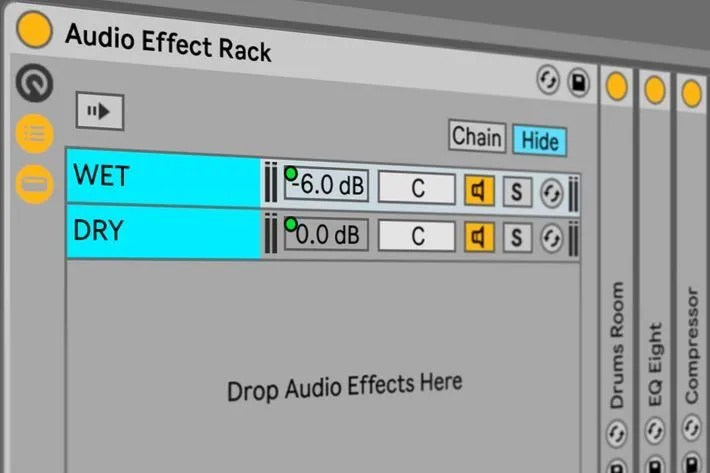Now Reading: Katie Elizabeth Set Fire to Pop Conventions and Stoked the Fires of the AI in Music Debate –
-
01
Katie Elizabeth Set Fire to Pop Conventions and Stoked the Fires of the AI in Music Debate –
Katie Elizabeth Set Fire to Pop Conventions and Stoked the Fires of the AI in Music Debate –

Katie Elizabeth is fast becoming a voice of unfiltered defiance in pop, channelling her sharp wit and refusal to settle into tracks that brim with empowerment and raw honesty. In our conversation, she unpacks the spark behind Not My Problem, Darling, a single steeped in Y2K pop nostalgia with a rebellious bite. Beyond the hooks and high-octane energy, she reflects on the weight of doubt she’s carried, the freedom of finally casting it off, and her unapologetic embrace of AI vocals as a creative tool. With her words, Katie offers more than music; she creates a manifesto of self-belief that refuses to be silenced. This interview digs into her firebrand songwriting, fearless stance on technology, and the future sounds waiting in the wings.
Welcome to A&R Factory, Katie, it’s a pleasure to have you here with us.
1. Not My Problem, Darling roars with Y2K pop nostalgia, rebellious hooks and a cutting wit. What were the sparks of inspiration that shaped the track’s attitude and sonic direction?
I didn’t want to create another sad song or one filled with the wrong kind of relatability. I wanted to create something that felt empowering and carefree for not just myself, but for others too. I’ve written my fair share of the more emotional side of my journey and it felt right to create this in a different way.
2. The single feels like it was written with pure fire. Was there a personal experience or moment that fuelled its defiant tone?
Yes there definitely was. My entire life, I’ve been told I’ll never amount to something, and my dreams and hopes for the future were simply impossible for someone like me. I reached a point where I was tired of listening and allowing others’ opinions to limit my own self-belief. It came from me finally feeling ready to say enough is enough, if I fail, at least I know I gave it my all.
3. You’ve described yourself as a songwriter first, yet you’re also navigating the process of finding your own voice. How do you balance the immediacy of wanting to release songs now with the long-term goal of honing your vocals?
I’ve always enjoyed writing, whether it’s short stories, poems and of course, my main passion, songs. For me, my focus will always be creating art, whether that’s my voice or using alternative ways to bring my songs to life. Fine-tuning my own vocals is something I do for maybe 10-15 minutes a day; it isn’t a priority. If I get to sing my own songs; amazing. If I don’t, I’m happy with how I bring my lyrics to life.
4. You’ve taken a bold stance on using AI vocals to bring your songs to life. How do you respond to those who view AI in music as a threat rather than a tool?
I don’t think AI vocals will ever truly be a threat, although I do understand the confusion. I think for some people it’s seen as maybe cheating and taking away from those that have worked their whole lives to be able to sing and perform, for me personally, AI vocals will never take that away from the world of music and musicians. It can be a very good tool for those who aren’t prepared to part with their lyrics but cannot perform vocally due to a wide range of reasons, speech impediments, lack of confidence and many more reasons. It’s simply a tool that gives us expression too.
5. You’ve compared AI vocals to the use of artificial instruments. Do you feel the criticism comes more from fear of change than the actual sound or impact of the technology?
I believe the criticism of AI vocals comes from many different places, some of which I do agree with. If you are sat there solely relying on AI to not just perform vocally, but create the song itself, sound and everything that it takes to create a song, then for me it is absolutely unfair to label it as your own; however if you are taking the time to write the lyrics, describe in detail the vocal range and style, the music behind it, the BPM’s, synths etc, then really what is the difference between AI vocals and artificial instruments? Both are brought it on the basis of creating something you may not be able do in real time.
6. Empowerment, sardonic humour and sharp honesty are at the heart of your lyrics. Do you see songwriting as a form of rebellion, storytelling, or something else entirely?
Songwriting for me is creating a story, creating something that comes from within. Whether that’s rebellion, fire, pure vulnerability and emotion, there’s no limit to what your songwriting can do for not just yourself, but for others too. My songs will always be created from what I’m feeling at the time, the message I want to convey.
7. Looking beyond Not My Problem, Darling, are there other projects or sounds you’re currently excited to share in the near future?
I have a few projects I’m working on as of right now, one of which has a completely different tone. I’m very excited to share more. For me this is just the beginning.
8. Finally, if there’s one message or mood you’d like listeners to carry with them after hearing your music, what would it be?
I want listeners to feel heard, empowered and supported. We live in a world where things are incredibly uncertain, when people listen to my music I hope that they feel that escape, that relatability. I simply want listeners to feel less alone.
–
Discover Katie Elizabeth’s discography on SoundCloud.
Connect with the artist on Instagram & X.
Interview by Amelia Vandergast























